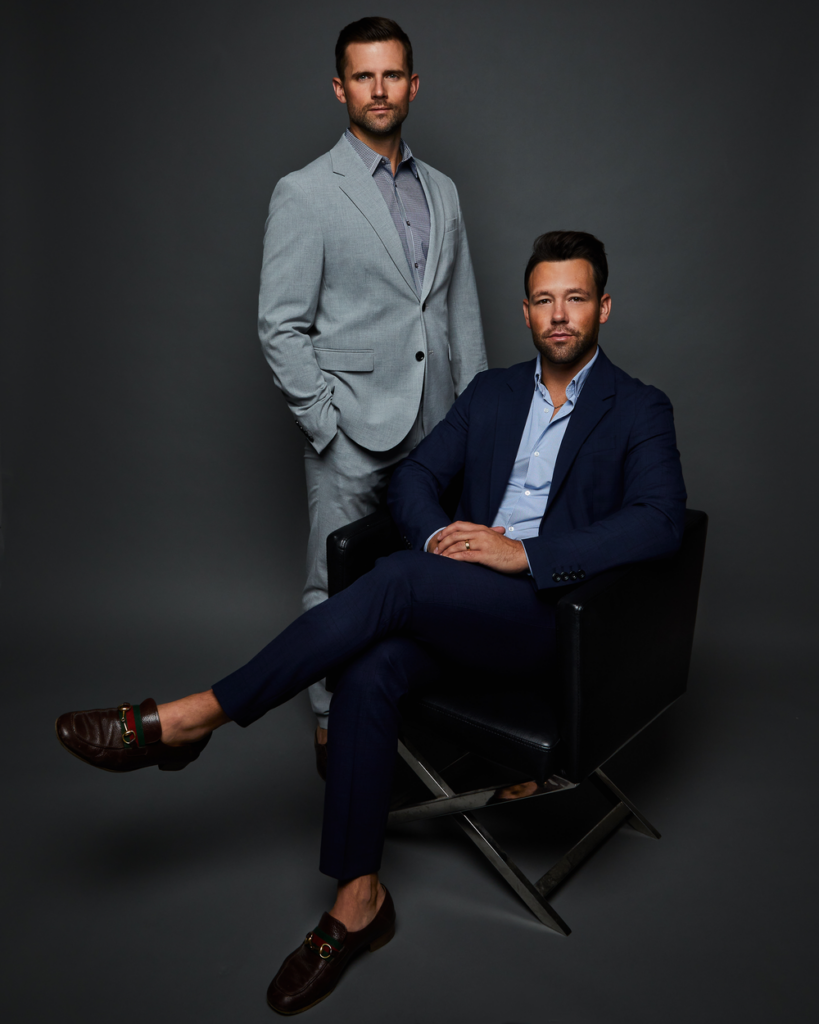The landmark Supreme Court decision Roe v. Wade, which legalized abortion nationwide, was overturned in 2022 by a conservative majority on the Court. With the overturning of Roe v. Wade, it has become more difficult for women across the United States to access safe and legal abortion services. However, what is often overlooked is the impact this change in law has on fertility clinics and their patients.
Personhood Bills and their Potential Impact on Fertility Treatments
When people undergo IVF or other fertility treatments, they may end up with multiple embryos. In some cases, these embryos are not used and are frozen for future use. However, the overturn of Roe v. Wade has opened discussion regarding “personhood bills” in some states. These bills suggest that embryos should be given the same legal status as living humans, which could have serious consequences for fertility clinics and their patients.
Personhood bills, which have been given more attention since the overturn of Roe V. Wade, seek to define life as beginning at conception. This would mean that embryos would be considered full human beings, with all the legal protections and rights that come with that status. In practice, this would mean that fertility clinics would be unable to destroy or donate unused embryos without potentially facing criminal charges for murder.
The impact of personhood bills on fertility clinics and their patients is difficult to overstate. Fertilizing one egg at a time to hopefully create one embryo at a time is not only inefficient, success rates would significantly be affected. Furthermore, the cost of IVF, while already high, would become such an expensive endeavor that many would not be able to afford it. Even if fertility clinics were to drastically alter their practices, personhood laws could effectively create a liability that fertility clinics would struggle to overcome. Fortunately, there are many organizations throughout the country that are actively monitoring and fighting these types of bills. As of now, no such bill has become law.
Legal Challenges Fertility Clinics May Face After the Overturn of Roe v. Wade
Since the overturn of Roe V. Wade, fertility clinics may face legal challenges if they provide services that could be construed as “aiding or abetting” an abortion. For example, if a patient has a medical condition that makes it dangerous to carry a pregnancy to term, the clinic may recommend termination. In a world where embryos are given full legal status as humans, clinics could be sued for providing these services, even if they are medically necessary.
With all this being said, the overturn of Roe V. Wade has currently not affected the practice of fertility treatments, IVF, egg donation, embryo banking, embryo donation, or surrogacy at this time. While there are many states that have enacted trigger laws, those were also the states where abortion access was already strictly limited, effectively not changing much in practice. However, this is a rapidly changing issue and it is always wise to keep current laws in mind.
Protecting Reproductive Autonomy: Advocating for Fertility Clinic Patients
In conclusion, the overturn of Roe v. Wade has had a significant impact on women’s access to safe and legal abortion services across the United States. However, it is important to also recognize the potential impact of personhood bills on fertility clinics and their patients. The options available to patients are now more limited, and clinics may face legal challenges in providing necessary medical care. As the debate over reproductive rights continues, it is crucial that we consider the full scope of its impact on women’s health and reproductive autonomy. At Elevate, we believe that together we can work towards a future where all individuals have the right to make informed decisions about their own bodies and healthcare.

